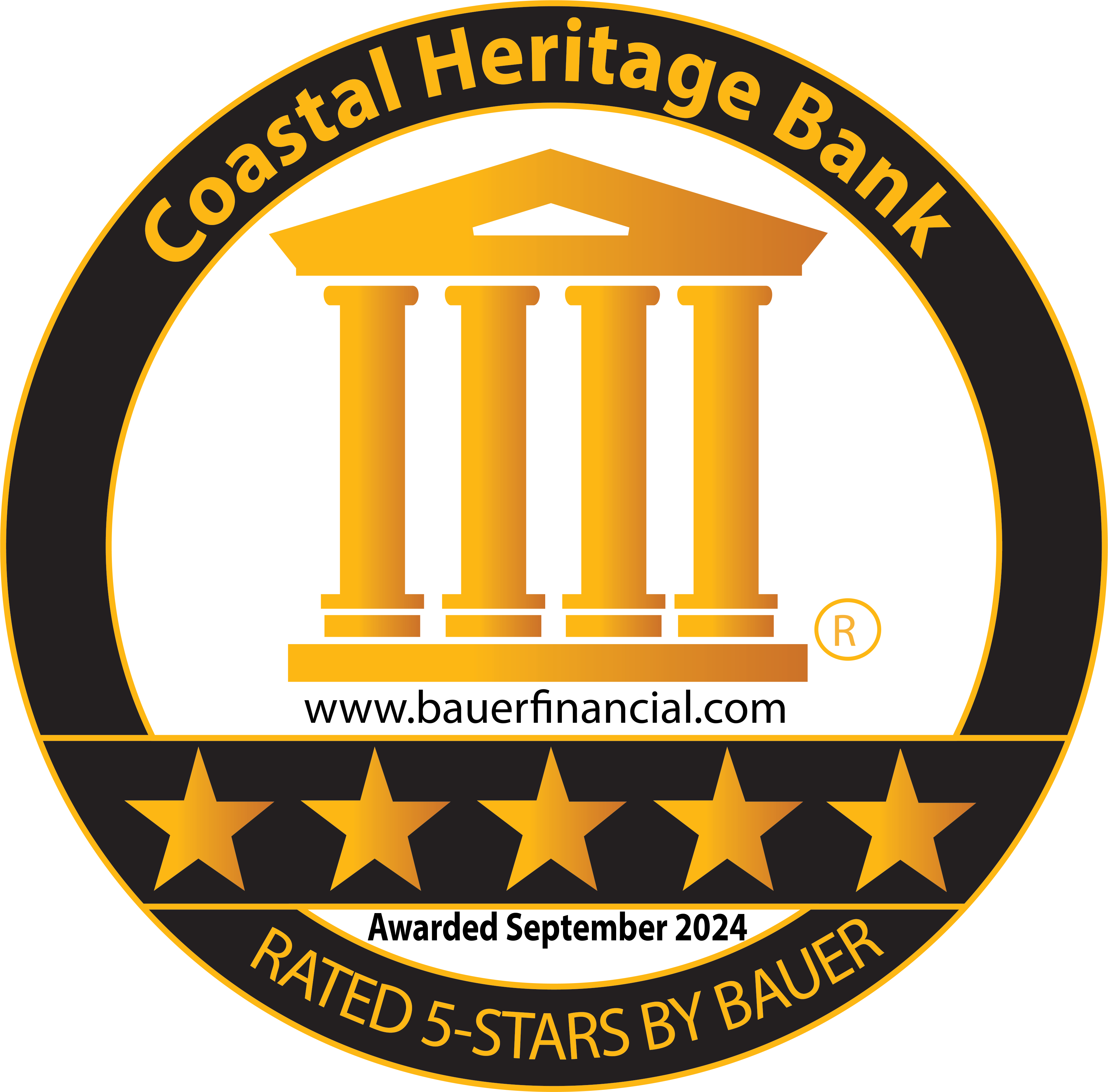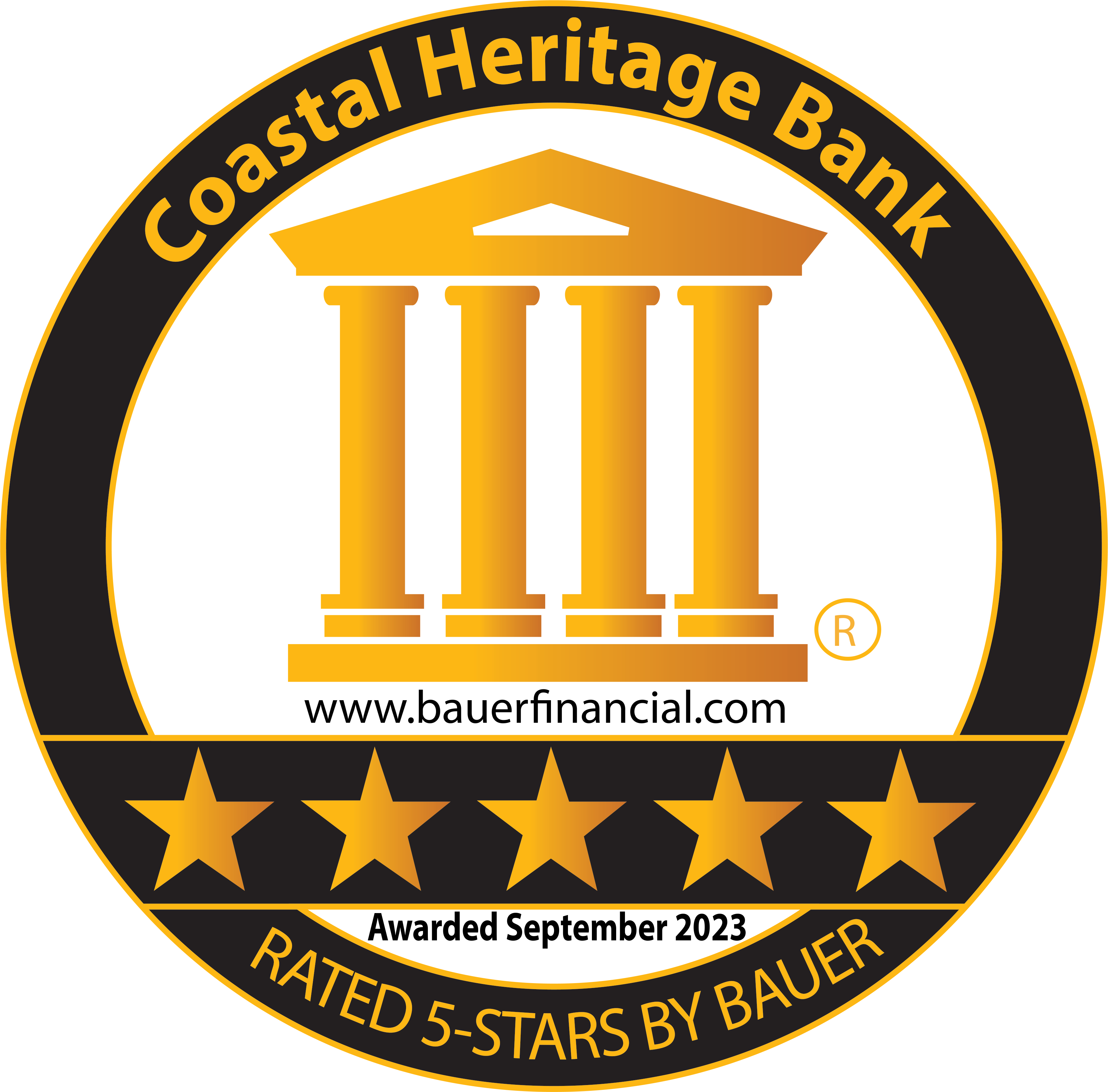As October is Cyber Security Awareness Month and in a continuing effort to keep you, your accounts and your personal, private information safe and secure we want to alert you to the growing threat of fraudulent text scams.
Customers may receive text messages claiming to be from their financial institution stating,
“For security reasons, your account has been restricted” or some similar messaging.
The message urges customers to click on a link that goes to a fake website posing as their institution. If you have received this message, please:
- Do not click the link.
- Delete the message immediately.
As an added measure of security you may consider updating your username and/or password within Coastal Heritage Bank Online or Mobile Banking.
As malicious activity continues to grow, please remember to be ever vigilant and look for signs of scam communications, including:
- Misspellings.
- Strange website addresses.
- Sense of urgency to click a link.
Never assume a text message is from a trusted source. Scammers often spoof numbers of legitimate businesses to make spam texts appear authentic.
Please keep in mind:
A valid text alert from Coastal Heritage Bank’s Fraud Prevention Center will always be from a 5-digit number (37268) and NOT a 10-digit number resembling a phone number, or text that appears from an email address.
We will never request that you Zelle funds to keep your account or funds safe.
If you have any doubt about a text message or call you have received, please call us at 800-695-1300 or visit your local branch office and we will be happy to address any concerns.








